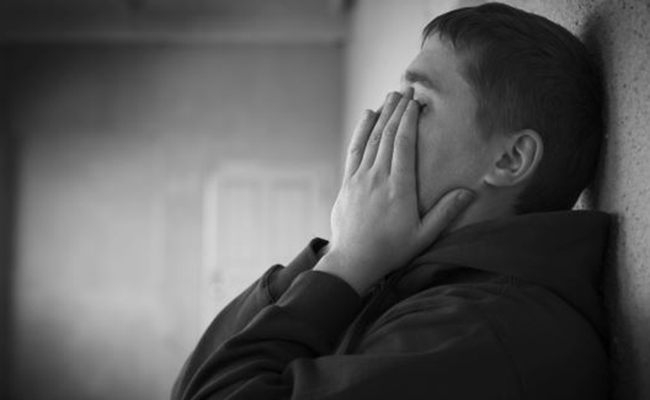Around 14 per cent of British people admit they’d be uncomfortable living next door to a transgender person
The new study released by the Equality and Human Rights Commission is the first study of prejudice in a decade
By Steve Brown

Words: Steve Brown
Around 14 per cent of British people admit they would feel uncomfortable is a transgender person lived next door to them, according to a new study.
The study, which was released by the Equality and Human Rights Commission (EHRC), also found that up to 46 per cent of LGBT people have experienced sexual orientation-based prejudice in the last year.
Led by the University of Kent and Birkbeck, University of London, the study also found that 70 per cent of Muslims, 64 per cent of people from black ethnic backgrounds and 61 per cent of people with mental health conditions have also experienced prejudice in Britain.
This study marks the first national study of prejudice in more than a decade.
Professor Diane Houston from Birkbeck, and Professor Dominic Abhrams and Dr Hannah Swift from Kent, who led the study, said: “Relationships between different groups in society are in a state of flux.
“This evidence provides the vital benchmark against which we can track and respond to changes in people’s experiences and attitudes as British society faces some increasingly strong headwinds both nationally and internationally.”
David Isaac, Chair of the EHRC, added: “It’s very clear that some people are still conflicted about equality and that prejudices still risk fostering discrimination in Britain.
“It’s disturbing that some people feel comfortable expressing negative views about others – especially members of the Gypsy, Roma and Traveler, Muslim and transgender communities.
“Openly voicing negative attitudes can hinder constructive debate about the barriers people face and creates divisions and mistrust in society.
“Understanding people’s attitudes and the extent of prejudice in all its forms is key to unlocking the barriers that may hold many people back.
“This report sets out a workable model that we believe the government should build on to understand the current state of prejudice and discrimination in Britain.
“One person’s gain does not mean that others lose out. If everyone gets a fair chance in life, we all thrive.”
